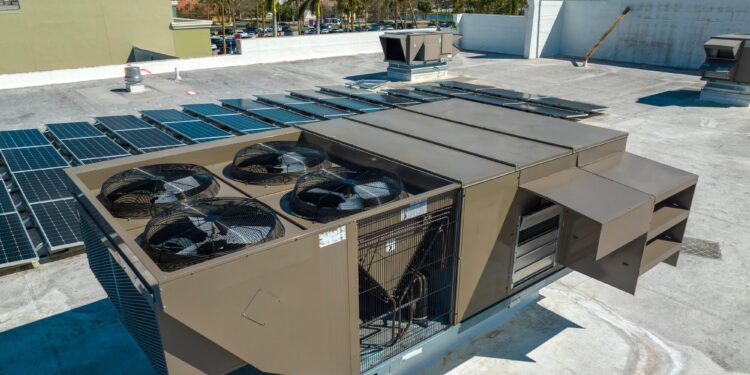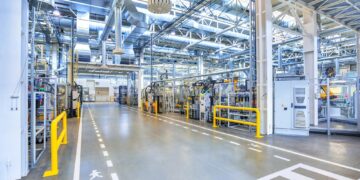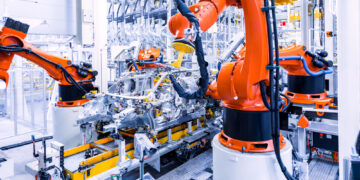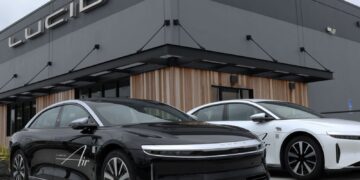Saudi Arabia’s air conditioning market is experiencing rapid growth, driven by technological advancements, government initiatives, and the country’s extreme climate. According to IMARC Group, the market is valued at USD 2.55 billion in 2024 and is projected to reach USD 5.11 billion by 2033, with a compound annual growth rate of 7.20% from 2025 to 2033.
Artificial intelligence is playing a significant role in this transformation. AI-powered air conditioning systems are improving energy efficiency, reducing consumption by up to 30%, which supports the goals of Saudi Vision 2030. Currently, over 40% of new installations feature smart technology, such as self-learning thermostats, as consumers increasingly seek adaptive solutions. The National Energy Efficiency Program has allocated $1.8 billion to promote AI-based air conditioning projects, accelerating adoption across the country.
Local innovation is also on the rise. Saudi startups, including
, are developing AI-driven air conditioners, supported by $500 million in venture capital for smart home technologies since 2022. Major brands like Trane and Carrier are introducing predictive maintenance features, cutting downtime in half through proactive fault detection.
The demand for advanced cooling is intensified by high summer temperatures, often above 45°C, and the government’s focus on large-scale development projects like NEOM and Red Sea tourism. More than 50,000 new hotel rooms are planned, all requiring state-of-the-art HVAC systems. Companies such as LG and Carrier are increasing local production to meet this demand, with LG’s Riyadh facility boosting output by 30% last year.
Strict energy efficiency standards from the Saudi Energy Efficiency Center are phasing out older, less efficient models, prompting a shift to inverter and solar-powered systems. Sales of energy-efficient units have surged by over 40% in two years. Brands like Daikin are introducing models that use up to 60% less energy, appealing to both businesses and homeowners looking to reduce costs and comply with new regulations.
Smart and connected air conditioning systems are becoming the norm, driven by tech-savvy consumers and smart city projects. In Riyadh, HVAC systems are being integrated into centralized control platforms, while brands like Samsung and Gree report a 35% increase in Wi-Fi-enabled AC sales. Giga-projects such as Qiddiya are adopting AI-driven cooling for large venues, highlighting the market’s shift toward innovation and convenience.
The market covers various product types, including:
- Unitary air conditioners
- Chillers
- VRF systems
- Coolers
and serves residential, healthcare, commercial, and hospitality sectors across all regions of Saudi Arabia.
Recent developments include a surge in AI-driven inverter technology, with over 40% of new units featuring energy optimization, and the rollout of solar-powered systems by major manufacturers, reducing reliance on the grid by up to 50% in homes. New regulations now require commercial AC systems to use R-32 refrigerant, which has a 70% lower global warming potential than older alternatives.
In summary, Saudi Arabia’s air conditioning market is rapidly evolving, shaped by innovation, regulatory changes, and major infrastructure projects, positioning the country as a leader in smart, sustainable cooling solutions.









